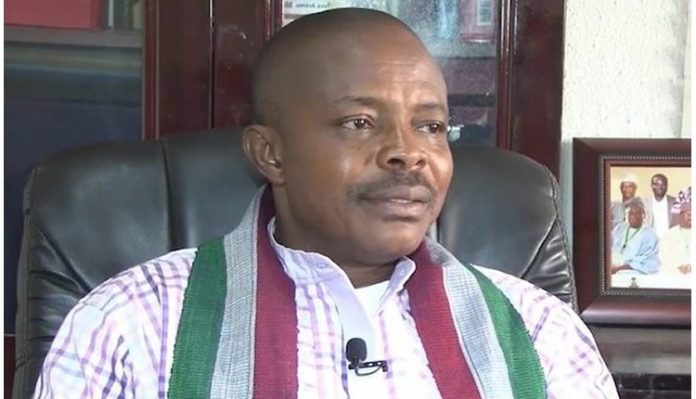As May Day is observed globally, Nigerian workers are facing worsening economic realities that have overshadowed any celebrations. The Nigeria Labour Congress (NLC) has expressed deep concern over what it describes as an unrelenting decline in workers’ welfare under the current government.
According to the NLC, the past year has been marked by a series of policies that have negatively impacted workers, increasing the cost of living while wages remain stagnant or unpaid in many cases. The union noted that conditions for workers have continued to deteriorate, with many experiencing severe financial strain.
NLC President Joe Ajaero said the divide between the ruling elite and the working population has widened, attributing the country’s economic inequality to systemic failures and policy decisions that prioritize profit over people. He condemned ongoing austerity-driven reforms, warning they have eroded workers’ rights and worsened poverty levels.
“The last year has been particularly harsh,” Ajaero said. “Rather than improve the lives of working people, policies have favoured the wealthy while the average worker continues to suffer.”
He pointed to the partial or non-implementation of the N70,000 minimum wage in several states and federal agencies as a major concern. Despite agreements reached at the national level, enforcement remains weak, leaving many workers without the legally mandated pay.
Ajaero also stressed the need to go beyond enforcing the current minimum wage and begin advocating for a living wage that reflects economic realities. He stated that the NLC would intensify its efforts to ensure that both public and private employers adhere to labour laws.
Despite mounting challenges, Ajaero praised the resilience of Nigerian workers and reaffirmed the union’s commitment to pushing for improved conditions. He called for unity among workers, emphasizing that sustained collective action is essential to achieving meaningful reform.










